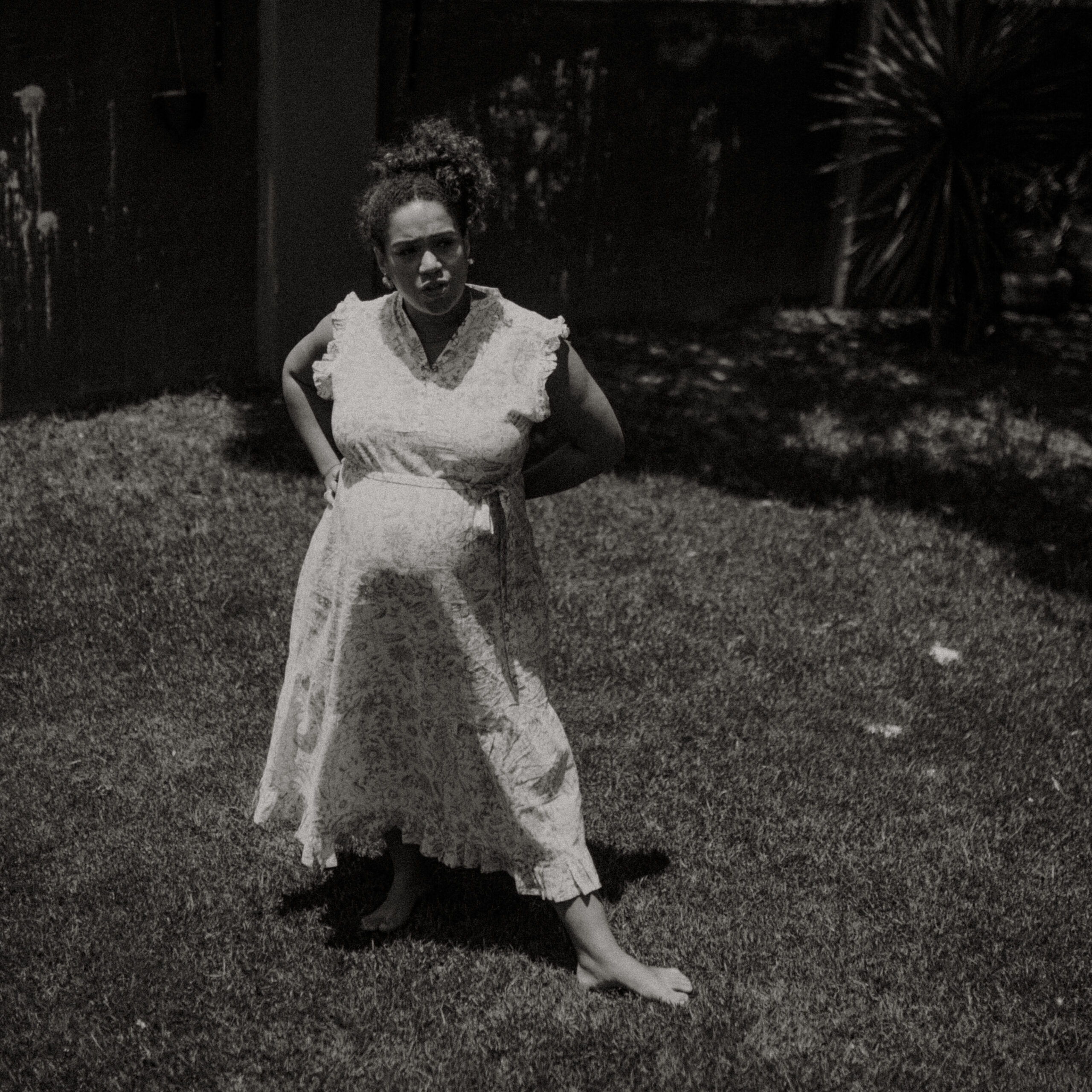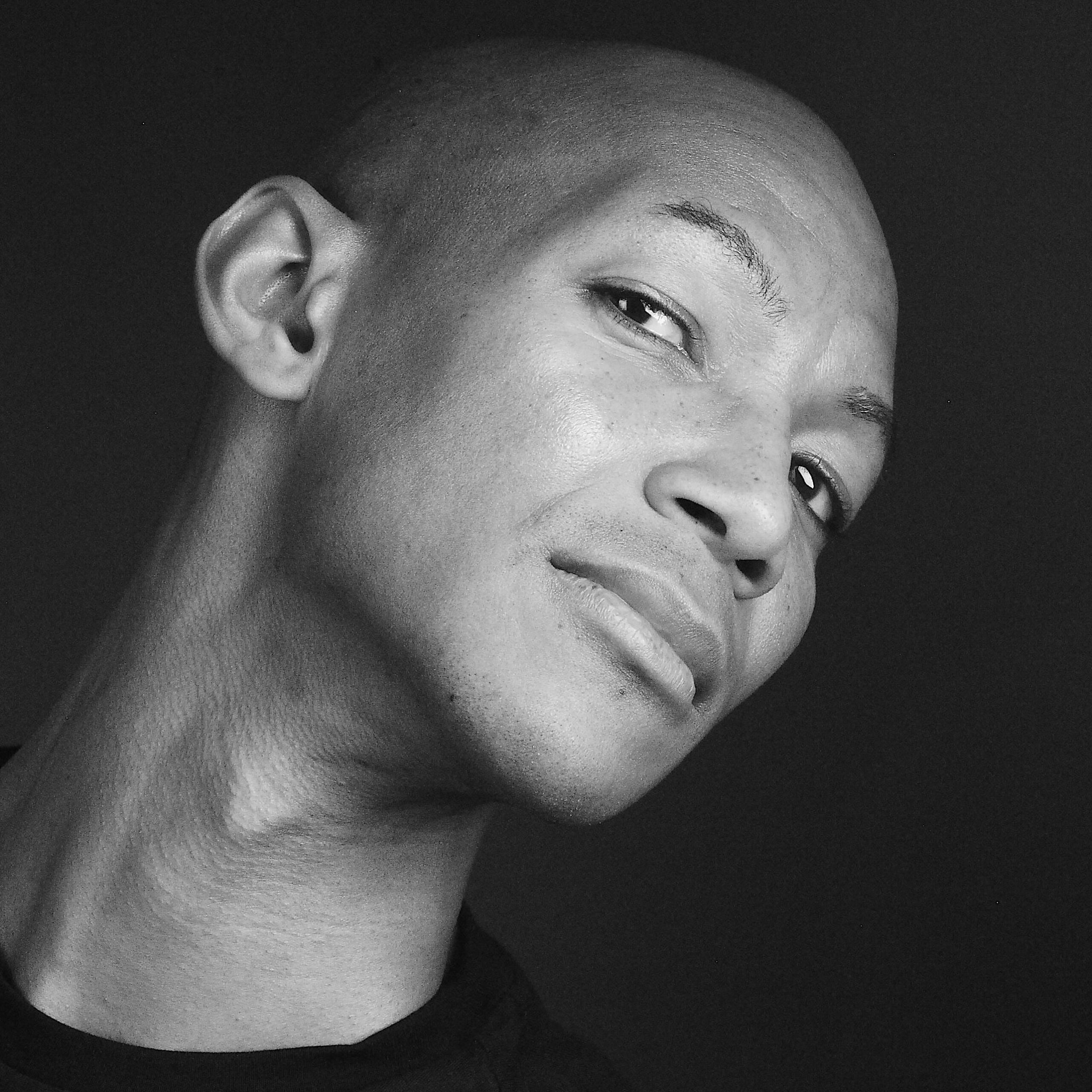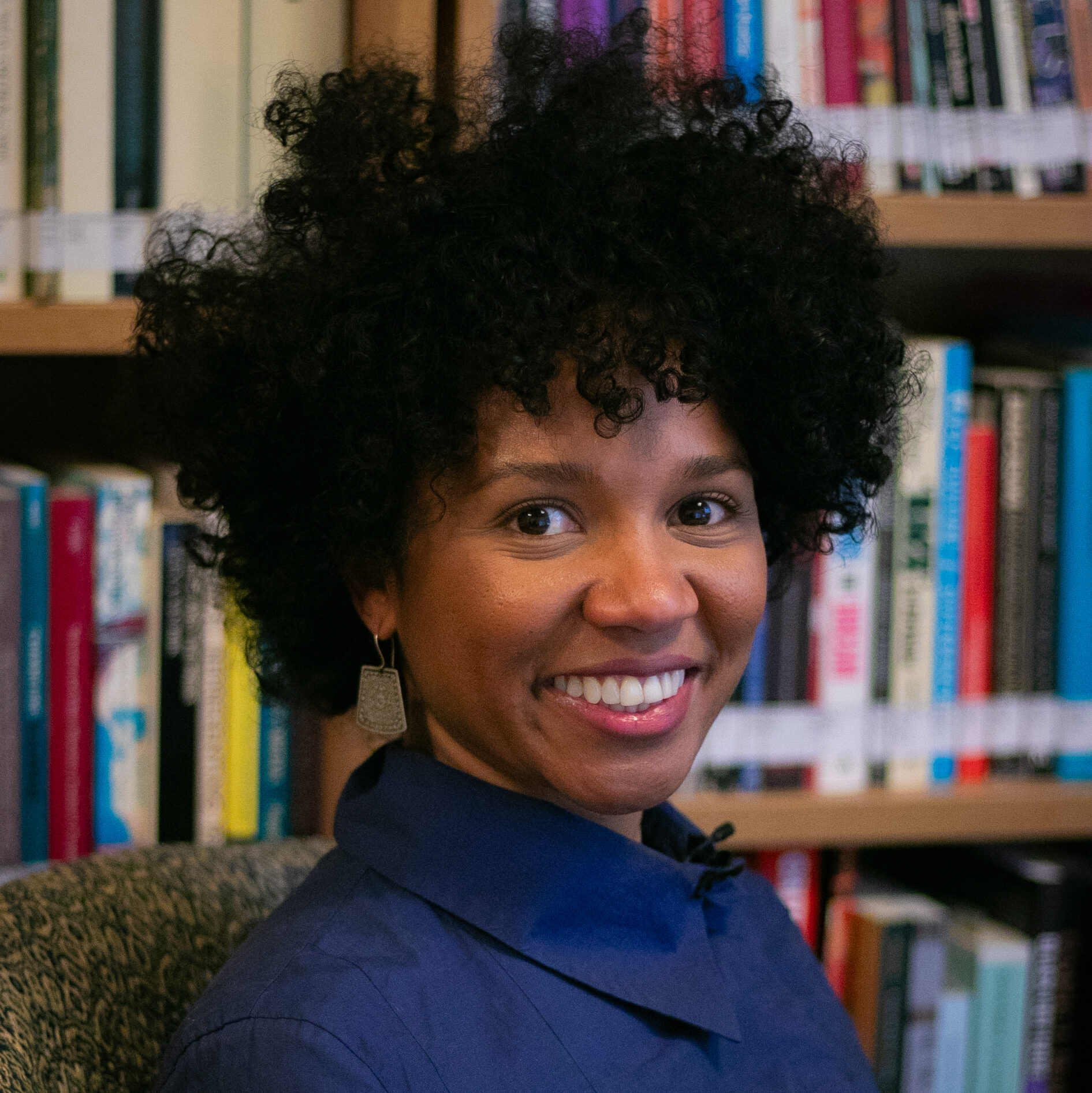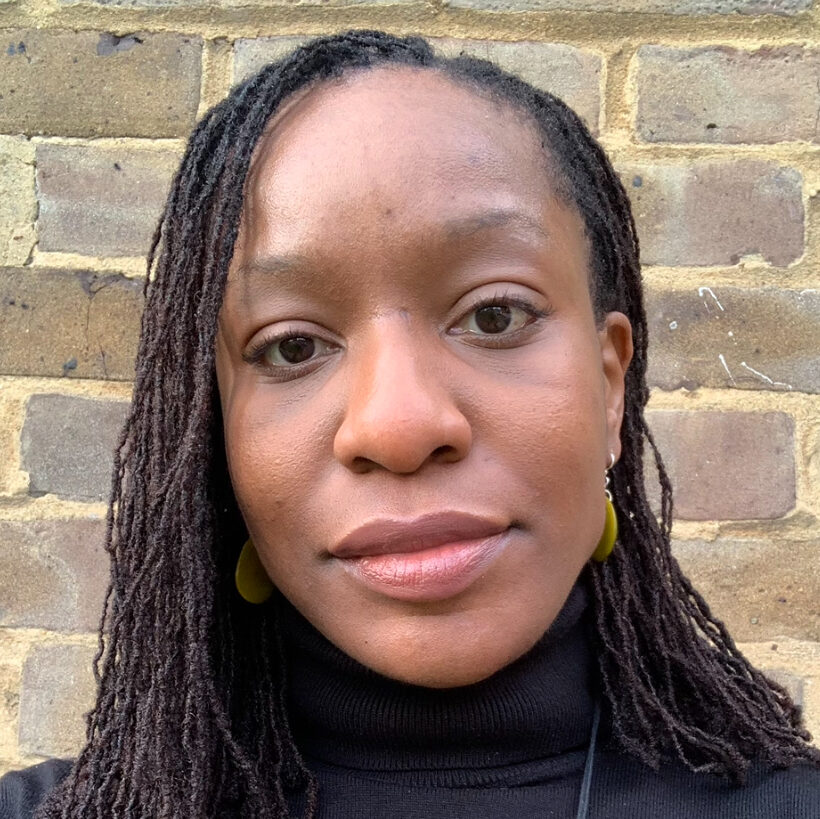
- This event has passed.
Rooting Decolonial Education: Routes for Repair and Liberation
15th October 2024 6:00 PM – 7:30 PM BST
As part of Black History Month, the panellists will engage with Black presence and Black Studies in relation to education in different contexts around the world. The audience will be invited to engage in the exercise re-imagining Afrofutures, Blackness and the transformative nature of reparations in education.

Derilene (Dee) Marco is creative feminist scholar who holds a Senior Lecturer position in Media Studies at Wits University in Johannesburg, South Africa. Dee’s research pivots around social and cultural practices and experiences of the everyday, particularly in relation to mothering identities, person-making, kin and caregiving as labour/ work. Dee has written on apartheid and post-apartheid South African cinema, black women’s lives and stories and is the co-editor of Sasinda Futhi Siselapha (still Here): Black Feminist Approaches to Cultural Studies in South Africa’s Twenty Six Years Since 1994 (2021) and Transforming Pedagogy, a workbook for parents (2023). Dee is the founder of the multimodal research project, Mother.Lab, which houses a mobile complaints space for mothers and caregivers, called House of Complaints and an online data visualisation experience, called Tiny Letters, of women’s birth/ becoming mother stories as ethnographic experiences of memory. Dee is invested in alternative methods of research through thinking with the body and everyday stories, in which there are many beautiful and scary moments of heavy theoretical lifting.

Dr Nathaniel Adam Tobias Coleman is an historian of abolitionist ideas and currently research fellow at the University of Birmingham. Having mobilised global movements such as ‘Why Isn’t My Professor Black?’ and ‘Why Is My Curriculum White?’, their anti-colonial archival research, which treats colonial slavery as a disciplinary/educational institution, asks ‘Why Isn’t Our Apprenticeship Abolished?’ A co-ordinating member, in both 2015 and 2020, of Rhodes Must Fall in Oxford, a Cast in Stone research fellow interviewing Bristolians about the contestation of the statue of Edward Colston, and a Henry Moore Institute podcaster explaining Britain’s neglected memorials to abolition, they are a critic of what Frantz Fanon has denounced as Britain’s colonial ‘World of Statues’—obstinately retained and deceitfully explained.Their recent work includes convening ‘Undoing 2007; Preparing for 2038’—a game-changing public conversation, reviewed in Museum Geographies and The Birmingham Dispatch, about Abolition, Birmingham, and Commemoration, and co-hosting, as member of the Mayor of London’s Community Advisory Group, the 2024 annual ceremony for the UNESCO Day for Remembering the Transatlantic Slave Trade and its Abolition. In November 2024, they will respond to the book Britain’s Black Debt, by the Vice-Chancellor of the University of the West Indies, during the University of Oxford’s Seminar on Reparations. Their research-informed public engagement is the basis of a book, which they are writing, titled The House by The Rivers Of Blood: Birmingham’s Hidden History of British Anti-Slavery, in which they reimagine the story we should teach the next generation, of how we got free—if we got free.

Dr Katucha Bento is a Lecturer in Race and Decolonial Studies and Honorary Chaplain in Candomblé at the University of Edinburgh, and the co-founder of the Free Afro-Brazilian University (UNAFRO). Her main inspirations are in quilombo and samba communities’ epistemologies and praxis, reaching out to Black feminists and Queer subversive language to promote ethics of caring and power to the people. Guide-mother/auntie of Chizara, Jaxon and Chibueze, children of the Black diaspora.

Victoria Ogoegbunam Okoye is Lecturer in Black Geographies at the University of Edinburgh. She is shaped from indigenous and diaspora Igbo heritages and her lived experiences in the US, Ghana, Nigeria, and UK contexts. Her learnings, collaborations, and relations with extended family, youth, creatives, artists and cultural workers inform her research and teaching, which attend to the interdisciplinary spatial practices of Black life to inform and expand geographical notions of place. Her knowing is shaped by commitments to the relationality between African and African diasporic experiences and intellectual thought, and she undertakes her work as a form of Black creative, collaborative and spiritual practice.






